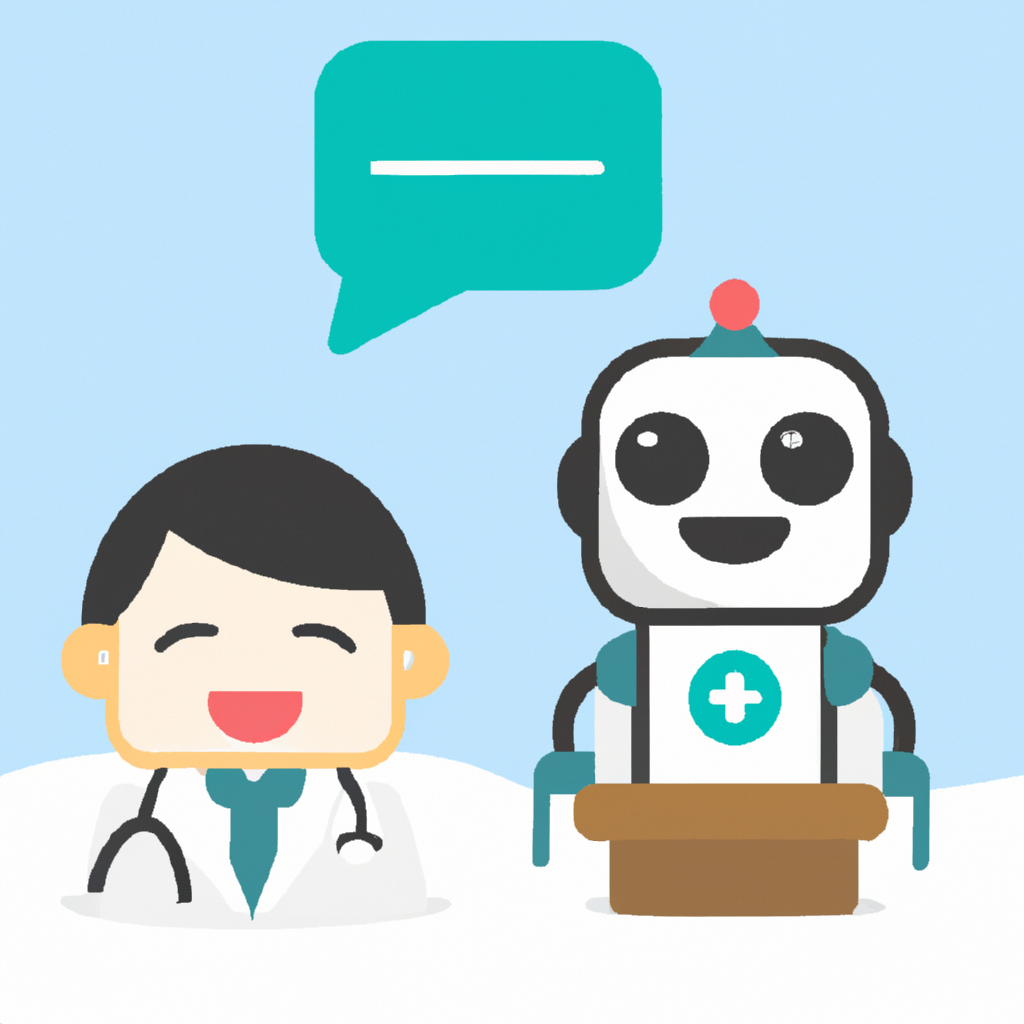Quick Summary
A recent study from Stanford Medicine reveals that AI-powered chatbots can enhance physicians’ decision-making abilities, particularly in complex clinical scenarios. The research indicates that when physicians utilize chatbots, their performance matches that of the AI alone, suggesting a beneficial collaboration between human expertise and artificial intelligence.
Key Findings
- AI chatbots excel in diagnosing diseases and guiding treatment decisions, outperforming doctors who rely solely on internet searches and medical references.
- Physicians supported by chatbots demonstrated equal performance to the chatbots themselves, highlighting the effectiveness of combining human and AI capabilities.
- The study focused on “clinical management reasoning,” which involves nuanced decision-making after a diagnosis.
Study Details
- Conducted by Jonathan H. Chen, MD, PhD, and his team, the study was published in Nature Medicine on February 5, 2025.
- The research involved three groups: a chatbot alone, 46 doctors with chatbot support, and 46 doctors using only traditional online resources.
- Participants analyzed five de-identified patient cases and provided written responses detailing their clinical decisions.
Clinical Management Reasoning Explained
Clinical management reasoning involves making complex decisions based on various factors, such as:
- Patient preferences regarding invasive procedures.
- Historical adherence to follow-up appointments.
- Reliability of the healthcare system in organizing follow-ups and referrals.
Implications for Future Practice
- The study suggests that AI can refine clinical judgment and encourage a structured approach to decision-making.
- While AI chatbots show promise, they are not intended to replace physicians. Instead, they should be viewed as supportive tools.
- Patients are advised to consult healthcare professionals rather than relying solely on chatbots for medical advice.
Research Contributions
The study involved collaboration among various institutions, including the VA Palo Alto Health Care System, Harvard University, and Microsoft, and was funded by the Gordon and Betty Moore Foundation.
Conclusion
As AI technology continues to evolve, studies like this highlight its potential to support healthcare professionals in enhancing patient care and improving clinical outcomes.
